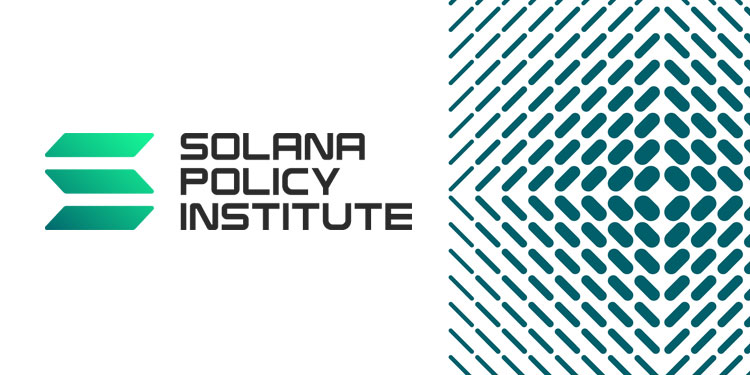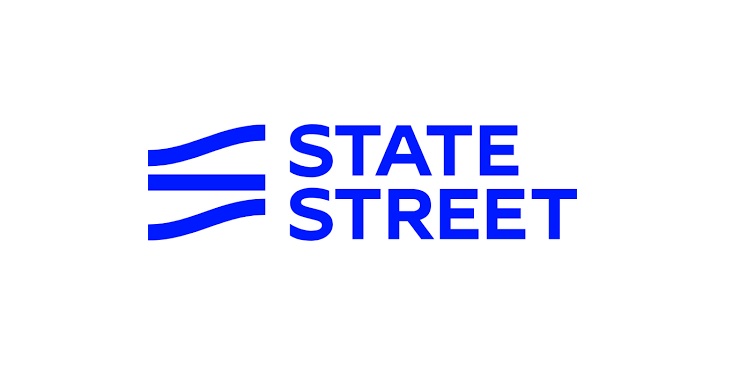Solana has introduced the Solana Policy Institute (SPI), a non-partisan and non-profit organization focused on informing policymakers about the role of decentralized networks in the evolving digital economy. With regulatory discussions around blockchain gaining momentum, the SPI seeks to facilitate communication between legislators and Solana’s expanding ecosystem, pushing for transparent and equitable policies that encourage technological advancements.
The initiative is spearheaded by Miller Whitehouse-Levine, a recognized figure in cryptocurrency advocacy with a strong background in shaping digital asset policies. Under his leadership, the SPI aims to unite stakeholders within the Solana network to highlight the economic and societal benefits of blockchain technology. At the same time, it intends to address concerns related to decentralization and network reliability.
Launch Comes Amid Rising Regulatory Uncertainty
The establishment of the SPI comes at a pivotal time for the cryptocurrency sector, as regulatory ambiguity continues to present hurdles for blockchain projects. Solana, known for its rapid transaction speeds and cost efficiency, has encountered scrutiny over issues such as network reliability and potential centralization risks. Through proactive engagement with policymakers, the SPI intends to showcase how Solana’s technological infrastructure contributes to economic growth and innovation while addressing these concerns.
A recent statement from the SPI underscored its objective of influencing industry regulations, emphasizing the importance of establishing definitive guidelines for the cryptocurrency sector. The institute stressed the necessity for innovators to have regulatory clarity in order to build a seamless, internet-driven global economy.
Institutional Interest in Solana Grows
The formation of the SPI coincides with increasing institutional engagement with Solana. Prominent asset management firms, including BlackRock and Fidelity, have recently taken steps to integrate Solana into their investment offerings. BlackRock’s USD Institutional Digital Liquidity Fund (BUIDL) has begun operating on the Solana blockchain, while Fidelity has submitted an application with Cboe Global Markets for a spot Solana exchange-traded fund (ETF).
Policy discussions surrounding digital assets have intensified further following a recent announcement by U.S. President Donald Trump regarding the creation of a Crypto Strategic Reserve, which includes Solana’s native token, SOL. With the SPI championing regulatory clarity, Solana stands to strengthen its position within the broader financial landscape and foster greater institutional confidence in its blockchain ecosystem.









